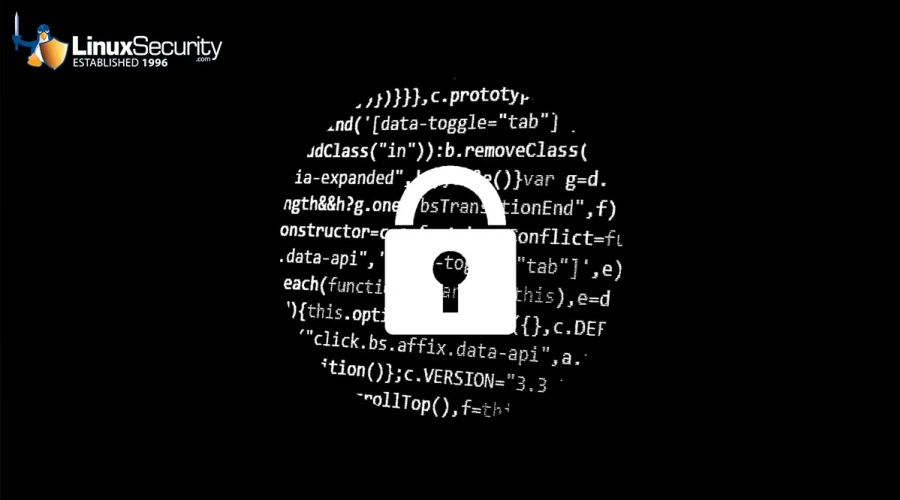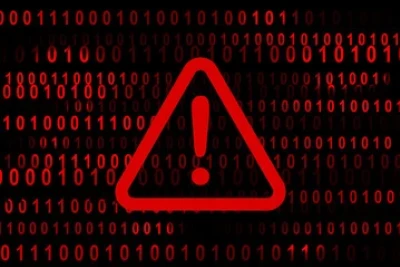
Longevity in computing can be beneficial and threatening. Long-standing software accumulates stability over time while becoming potentially more vulnerable. Recently, X.Org, one of the most ubiquitous display servers within the Linux ecosystem, disclosed an alarming finding: an 18-year-old local privilege escalation vulnerability has been within its code base since 2006.
To help you understand and proactively address this threat, I’ll explain how it works, its impact, who is affected, and practical measures you can implement to mitigate risk.
Understanding This X.Org Flaw & Its Impact
CVE-2024-9632 is a heap-based buffer overflow vulnerability that allows attackers to gain elevated privileges on impacted systems. The issue stems from a defect within the _XkbSetCompatMap function, which improperly resizes memory buffer sym_interpret without updating its size parameter properly (size_si), instead only updating num_si (which indicates how many elements can fit into its capacity).
is a heap-based buffer overflow vulnerability that allows attackers to gain elevated privileges on impacted systems. The issue stems from a defect within the _XkbSetCompatMap function, which improperly resizes memory buffer sym_interpret without updating its size parameter properly (size_si), instead only updating num_si (which indicates how many elements can fit into its capacity).
This grave oversight has far-reaching ramifications. Since its existence in 2006 and the subsequent release of xorg-server-1.1.1, which occurred shortly after, this vulnerability could potentially impact many systems that use various versions and iterations of X.Org server implementations. Versions before 21.1.14 in Xorg-server and 24.1.4 in Xwayland server implementations are most vulnerable.
The risk associated with this vulnerability is significant, as it creates the basis for privilege escalation. While X.Org Server typically doesn't run with root privileges, those configured so can be leveraged by local users for privilege escalation and even remote attacks when X11 sessions are tunneled over SSH—an approach commonly taken when remote graphical interfaces are necessary.
Navigating This Flaw: Practical Advice for Mitigating Risk
The Linux community has responded rapidly to this issue. Leading Linux distributions have issued advisories and patches to protect users against vulnerabilities related to CVE-2024-9632.
Users and administrators must take immediate, proactive measures to mitigate the associated risks with the X.Org Server. Updates should be installed quickly to implement patched versions such as xorg-server-21.1.14 and Xwayland-24.1.4 or later. Most Linux distributions include updated packages in their default repositories for installation via their package manager.
 Root access should also be restricted when running the X.Org Server implementation as root—something not typical in modern distributions—to lower the risk of privilege escalation attacks and incidents. In addition, security advisories from Linux distribution security teams and X.Org development teams must be closely followed, with swift responses made upon receipt of new recommendations or issues as soon as they arise.
Root access should also be restricted when running the X.Org Server implementation as root—something not typical in modern distributions—to lower the risk of privilege escalation attacks and incidents. In addition, security advisories from Linux distribution security teams and X.Org development teams must be closely followed, with swift responses made upon receipt of new recommendations or issues as soon as they arise.
Adopting security best practices on systems running X.Org Server is essential. These should include regular system updates, firewall usage, and applying the principle of least privilege for user accounts so they only possess the permissions required to complete their tasks.
Integrating system monitoring tools is highly recommended to increase system protection against anomalous behavior that might indicate the exploitation of this vulnerability. Alternatives like Wayland could provide greater peace of mind for those seeking an added layer of security, although compatibility issues and considerations may exist.
When new issues are discovered, researchers must follow responsible disclosure practices and communicate through appropriate channels before going public with any defects. Furthermore, IT staff should receive education on the nature and potential impact of the vulnerability as well as effective mitigation strategies to build up a robust defense.
Does this security bug impact your systems? Have you patched to mitigate your risk? Connect with us on X @lnxsec - we’d love to hear how this issue has affected you and how you’ve handled it.
Our Final Thoughts on Addressing This Persistent X.Org Bug
CVE-2024-9632 cannot be understated: an 18-year vulnerability within critical Linux infrastructure is rarely seen, especially one capable of local privilege escalation. While a patch for CVE-2024-9632 now exists, its nature underscores the significance of ongoing monitoring, audits, and timely patch management within open-source communities.
Although CVE-2024-9632's discovery may be alarming, it also offers an invaluable opportunity to reflect on and improve industry security practices. Both maintainers and users should take proactive steps to help mitigate similar threats in the future.
Linux community members now face the daunting task of remediating this specific vulnerability and addressing systemic issues that enabled its existence to go unnoticed. This exploit will undoubtedly raise awareness and spur the adoption of stringent security practices throughout the open-source ecosystem. The digital landscape can become safer through concerted action by users, developers, and vendors.













